Written by Rifki Orzech
Behold (I just like that word) one of my favorite passages in the Haggadah:
It happened that R. Eliezer, R. Yehoshua, R. Elazar ben Azarya, R. Akiva, and R. Tarfon were reclining [at a seder] in Bnei Brak. They were discussing the exodus from Egypt all that night, until their students came and said to them: “Our Masters! The time has come for reciting the morning Shema!”
Did they ever leverage that night huh? That’s one Seder table worth getting into a time machine for just few hours. Barring of course, the tenuous political situation at the time.
The Haggadah continues:
Elazar ben Azarya said: I am like a man of seventy years old, yet I did not succeed in proving that the exodus from Egypt must be mentioned at night, until Ben Zoma explained it: It is stated: “That you may remember the day you left Egypt all the days of your life” (Devarim 16:3); now “the days of your life” refers to the days, [and the additional word] “all” indicates the inclusion of the nights.
The story goes that due to internal politics, R’ Elazar ben Azarya got promoted at the yeshiva and to garner respect, somehow, his beard went grey overnight. He was into debating the time span for expounding on the story of the exodus and its obligations with R’ Akiva.
I love these two insights into sedarim from a time long gone, their seder was very different but in some ways … the same. Our Haggadah text isn’t one that they used and their matza was a lot softer, but the subject is the same and I bet some people spilled the grape juice.
Many have focused on the context of these passages, specifically as they pertain to Pesach in every generation following the exodus, how Jews should react to difficult situations in their own generation while balancing the need to keep our nation’s formative event in living memory. Thank God my balancing act is more mundane, but the discussion is no less important.
The year I got the most out of Pesach was the year I organized the biggest clear out, the one where someone else did the heavy-duty items like fridge, freezer and oven and I carried on with a normal schedule of laundry, dinner, picking up random shoes and working for a living right up to the very last minute. Then we koshered the kitchen and marathon-ed the matza out of the Pesach cooking. I even got small people to clean light switches that year. All fun and Pesach games until I had to quell the urge to sweep my finger on light switches and side boards because this place was the cleanest it had ever been.
My good friend’s chag isn’t complete unless they made time on erev Pesach to make ‘real’ matza! It’s the original erev Pesach activity that gets you out of one kitchen and into another.
R Akiva and R Elazar wouldn’t recognize the preparations we make for our own Seder nights. Maybe they’d even think I’m a lightweight for falling asleep by midnight, but I think they would be proud knowing that what one fought for and the other advocated for, exists thousands of years later. We’re alive, we still hold what they held dear, and we balance ancient tradition with experiential activities, talking for well, most of the night. We’re there, we’re here and thanking God for the tests of the mundane.
In the days running up to Seder night, many are practicing traditional tunes, and preparations that might raise eyebrows among the Rabbis in the story include putting the finishing touches to desert scenes in the dining room or setting up Playmobil tableaux for table centerpieces.
The possibilities for an experiential Seder that tell the story of leaving Egypt and getting to the Red Sea are endless, and Pinterest probably has a few covered. But if you need a little mommy help in the digital area, try Ji Studio resources for Pesach scenes and themes that bring it all to life. You can make your own Haggadah, invitations for the big night, and collages and posters suitable for any self-respecting Egyptian salon.
Getting the most out of Pesach in 2019 is so varied. Some people make a point of buying a new Haggadah every year. Sometimes all it takes is a fascinating contextual insight that makes you appreciate just one paragraph a little more or a creative centerpiece that tells you that this night is definitely different to all other nights. Unless you’re outside Israel where you have take 2.
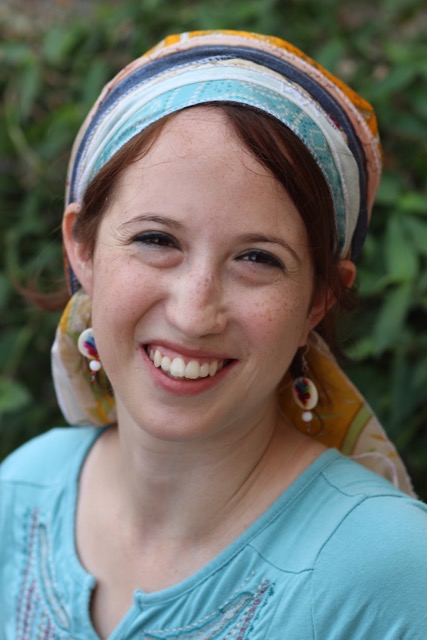

Rifki Orzech is an olah, a mother of three and a content writer with five years’ experience. She is passionate about women learning Torah and has completed the Susi Bradfield Educational Leadership Programme for Jewish women at the London School of Jewish Studies.



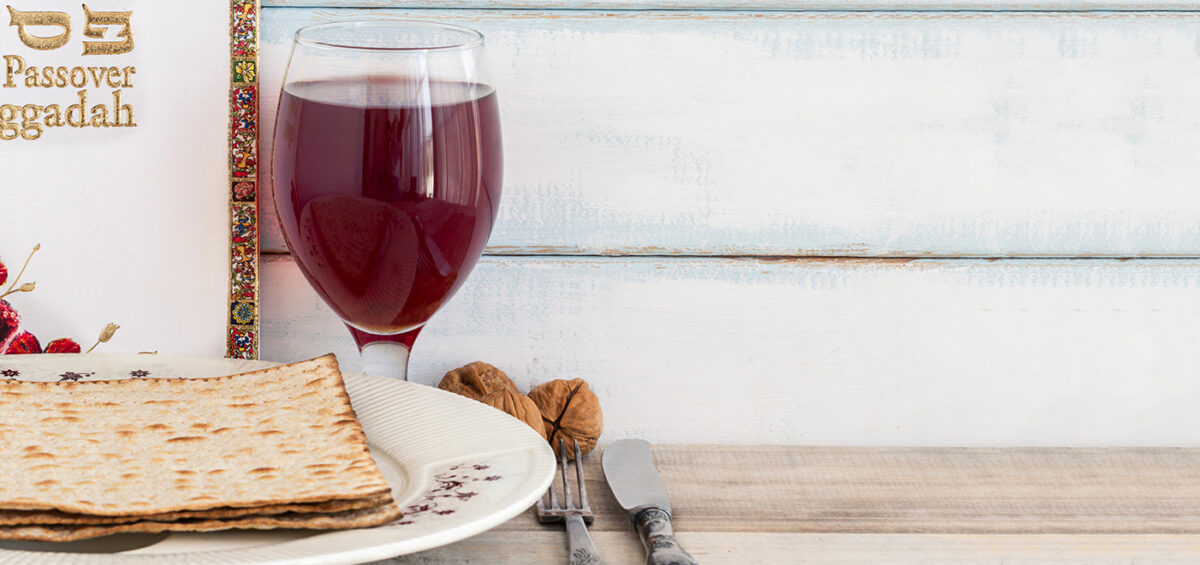



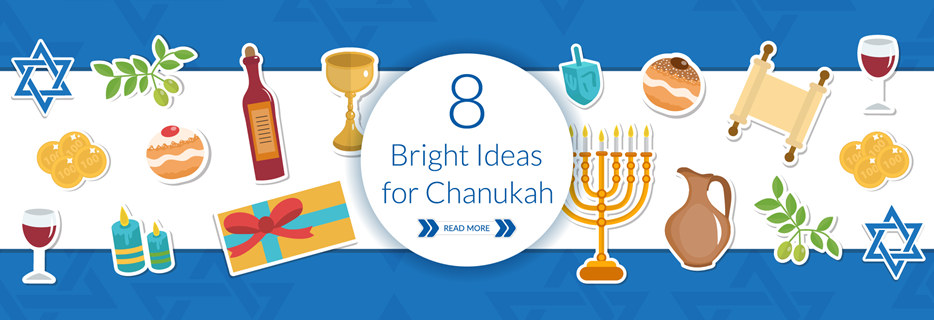
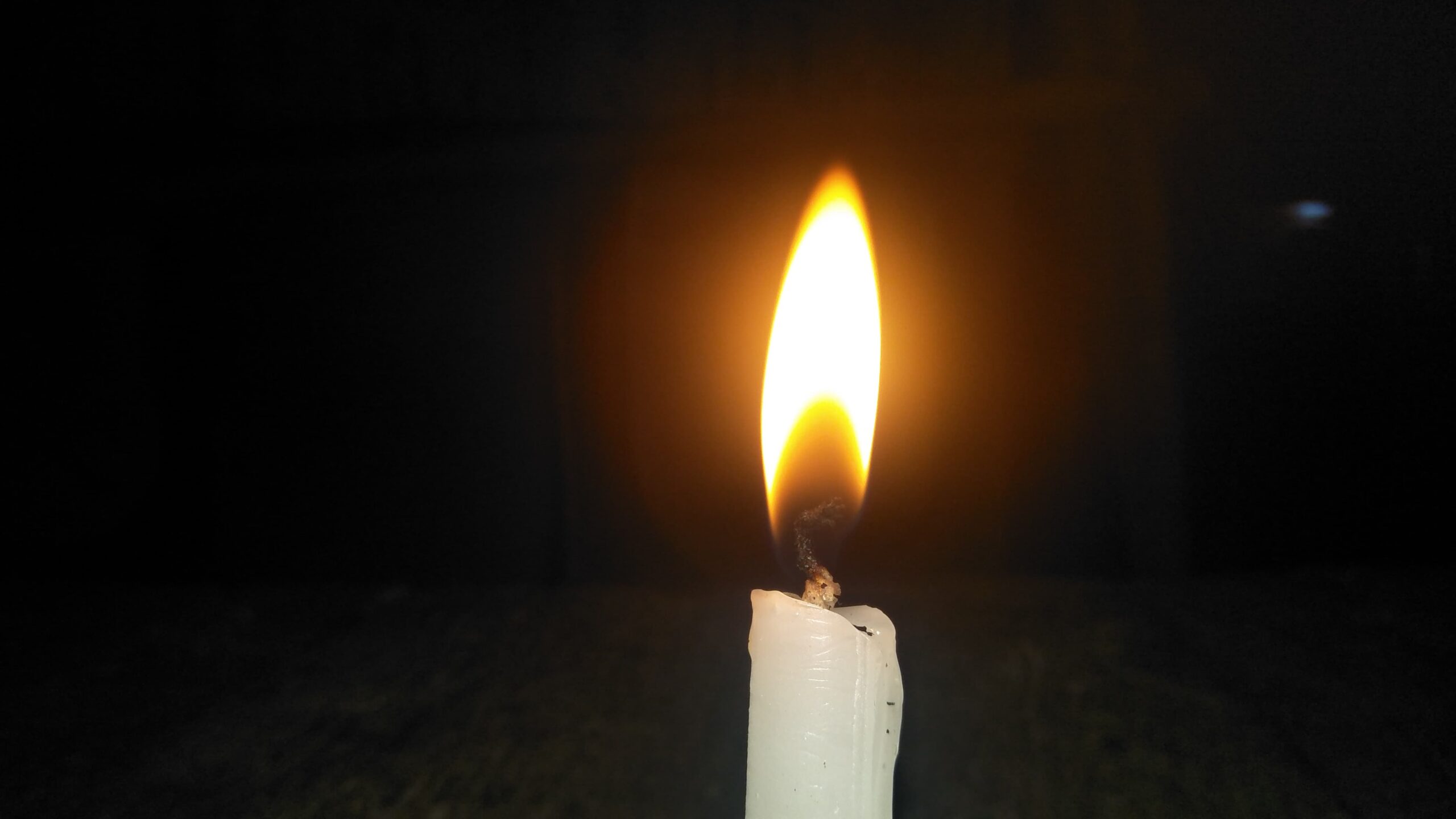
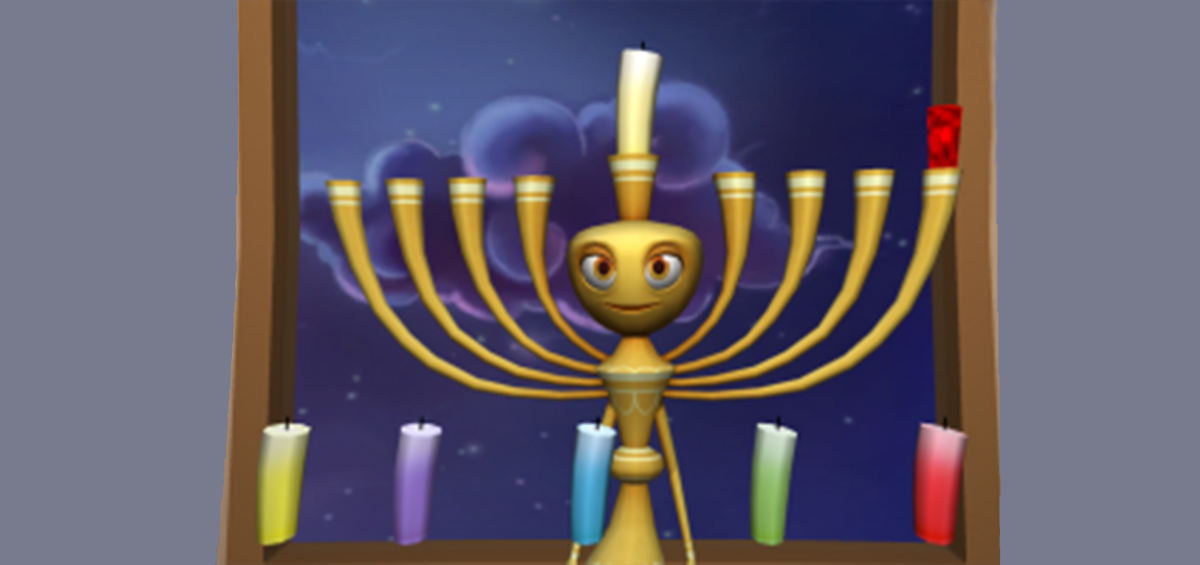



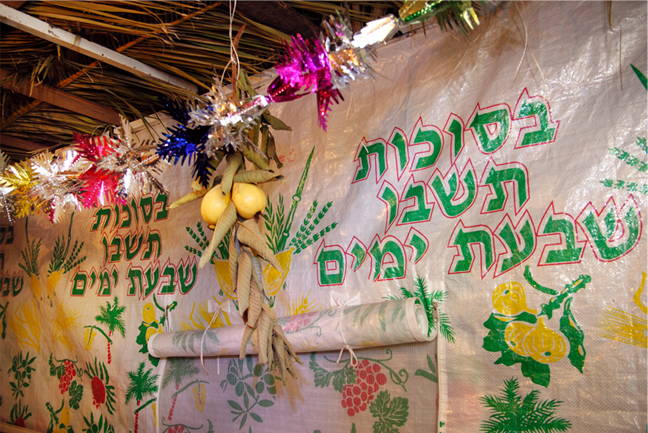

Leave a Comment